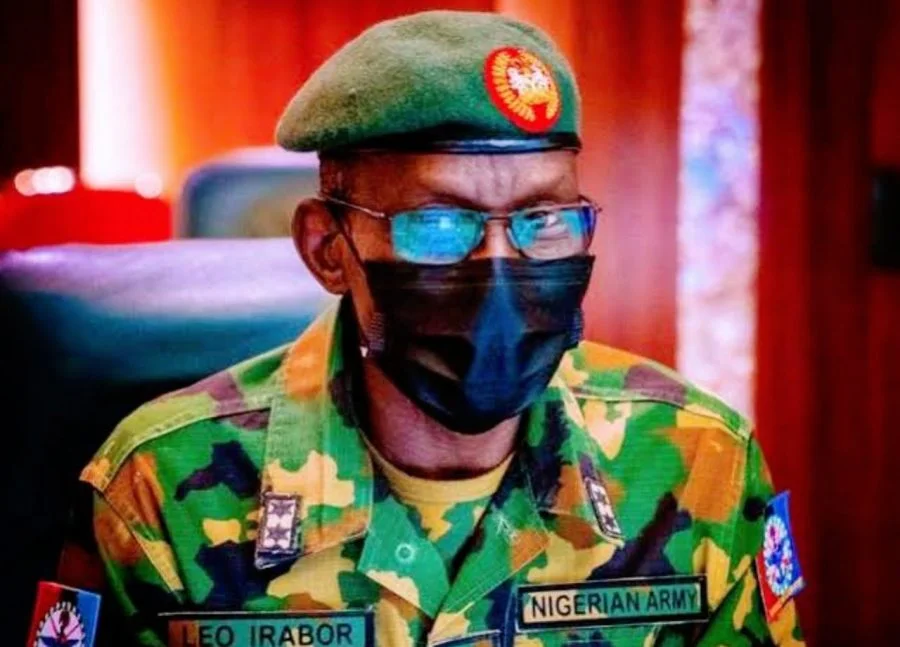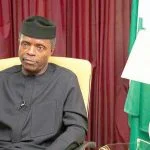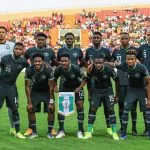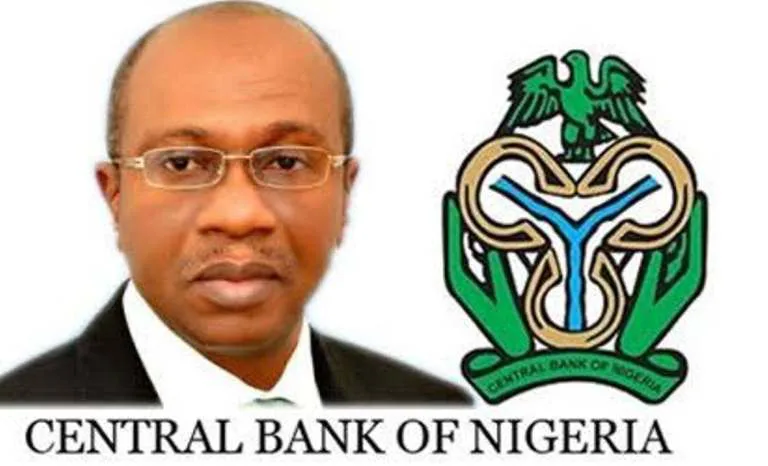The Chief of Defence Staff, Gen. Lucky Irabor, said that the establishment of civil military cooperation by the Armed Forces of Nigeria was meant to engender trust with the civil populace and enhance military operations.
Irabor said this at the inauguration of a three-day Civil-Military Conference organised by the Conference of Civil Society of Nigeria, on Monday in Abuja.
He was represented at the conference with the theme, “Maximum Civil-Military Cooperation (CIMICO) for Maximum Security in Nigeria” by the Chief of Defence Civil-Military Cooperation, Rear Adm. Adeseye Ayobanjo.
Irabor restated the committment of the military towards building confidence of the citizenry on the armed forces, as well as to take ownership for the military, describing it as core elements or concepts of civil-military relations in democracy.
According to him, the military in a democracy is the protector of people, and their communities, contrary to the era when it was seen as an instrument for the pontification of the ruler.
He said the conference would provide the platform for all stakeholders, civil and military to build respective capacities to apply our effort to find solution to the myriad of security challenges facing our dear country.
“Nigeria is faced with such security issues such as terrorism, insurgency, banditry, kidnapping and other contemporary security challenges which the military with other security agencies has been applying both kinetic and non-kinetic approaches to overcome.
“The conduct of these security operations by the military cannot be successful without civilian support and collaboration.
“The expected support is from the various tiers of the government, Civil Society Organisations, Non-Governmental Organisations, international Non-Governmental Organisations, the general public and military.
“Civil military cooperation is of utmost importance, hence the federal government of Nigeria provided a legal framework to institutionalise the Nigerian National Defence Policy.
“Kinetic operations by the military has sometimes created a gap between the military and the civil populace.
“Note that the military is part of the society and it is subordinate to civil authority at all times. So, an advocacy for civilian support for the military to endear the military to the general public is a necessity.
“Instances abound where the civil population had had sympathy and provide support for adversary which hampered military operations against such adversary.
“Also, the populace exhibit little or no security consciousness or awareness. This could be observed when the civilian populace display apathy and reluctant attitude in giving actionable information to the military to make its operation proactive rather than reactive,” he said.
The CDS said the Defence Headquarters and the various services had continued to carry out civil military activities in form of quick impact projects in communities within operational areas.
He said that such projects have had positive impact on the communities and the military operations.
He urged the participants to come up with workable solutions that would enhance cordial relationship between the military and the civil populace.
Also, the Chief of Army Staff, Lt.-Gen. Faruk Yahaya, said the Nigerian Army recognised the importance of the civil populace in carrying out its operations, saying that security was everyone’s business.
Yahaya was represented by the Director, Psychological Operations, Department of Civil-Military Affairs, Army, Brig.-Gen. Ojogbane Adegbe.
He said that the army had continued to engage stakeholders including the civil society to galvanise support for its operations across the country.
The COAS said that the army had established its human rights and legal desks across the country to address cases of abuses and other complaints by the public.
He pledged to continue to collaborate with CSOs to boost the confidence of the public in the military and ensure successful operations.
For his part, Chief of the Air Staff, Air Marshal Isiaka Amao, said the service had in line with the national defence policy established and maintained a viable civil military cooperation department.
Represented by the Director of Civil Military Cooperation, Nigerian Air Force, Air Cmdr. Anthony Nweke, Amoa said that NAF had recorded successes in the provision of social welfare programmes, like free medicare services, educational or training facilities as well as empowerment programmes.
He said the service used civil military cooperation as a strategy for improved operational efficiency, adding that it had constructed a number of medical centres and classrooms as part of its civil military cooperation activities.
Amao commended the civil society group for convening the conference towards addressing the security challenges bedeviling the nation.
The News Agency of Nigeria (NAN) reports that the event was attended by representatives of the CDS, Service Chiefs and Inspector-General of Police as well as members of intelligence community. (www.nannews.ng)






